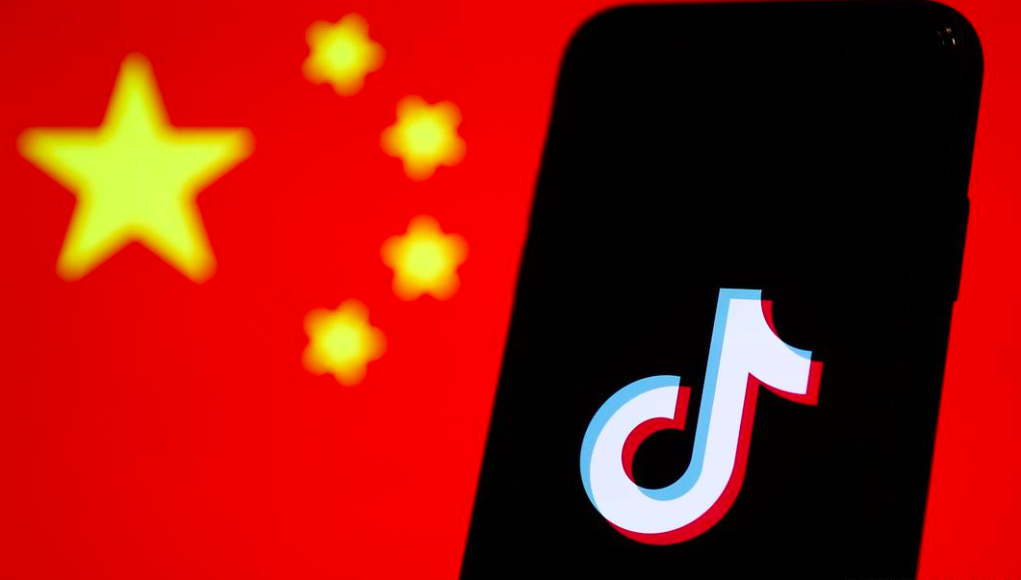(SINGAPORE 18 May 2023) Montana’s governor signed the first bill in the United States that outright bans TikTok.
According to a Wall Street Journal report, the Republican Gov. Greg Gianforte on Wednesday signed the bill into law after Montana’s legislature passed it last month.
However, the legislation drew criticism from Chinese-owned TikTok and free-speech advocates including the American Civil Liberties Union.
The Montana ban is set to go into effect next year. Any legal challenge, though, could trigger an injunction to delay the ban’s start date.

The law would bar TikTok from operating within the Treasure State, and would also forbid app stores, such as Google’s and Apple’s, from making TikTok available to download within Montana.
TikTok and app stores would be liable for fines of $10,000 a day for violating the law. Individual TikTok users wouldn’t be punished, the report said.
“Gianforte signed a bill that infringes on the First Amendment rights of the people of Montana by unlawfully banning TikTok,” according to a TikTok statement.
It is unclear how the ban would be enforced or what would happen to Montanans who downloaded the app before the ban takes effect.
There also remain unanswered questions over whether Montanans could use a workaround, such as a virtual private network, to make their devices look like they are outside the state.
The American Civil Liberties Union (ACLU) has called the statewide ban unconstitutional.
“With this ban, Governor Gianforte and the Montana legislature have trampled on the free speech of hundreds of thousands of Montanans who use the app to express themselves, gather information, and run their small business, in the name of anti-Chinese sentiment,” the ACLU’s local policy director, Keegan Medrando, said in a statement as quoted by WSJ.
A legal challenge over the Montana bill could give insight into whether courts would uphold federal efforts aimed at banning TikTok, which has 150 million users in the U.S.
Congress members have introduced bills that would either ban TikTok nationwide or give a presidential administration more power to do so. The Biden administration recently asked TikTok to separate itself from its Chinese owners or face a possible ban, the WSJ report said.
Lawyers say Montana faces potential challenges to the ban based on concerns over free speech, which is protected by the First Amendment. However, supporters of the Montana bill say the state has legal precedence to win a challenge.
Since the First Amendment protects, among other things, freedom of speech but isn’t absolute, concerns over national security and other issues could justify the government’s attempt to regulate speech.
In 2010, for example, the US Supreme Court upheld a federal law banning “material support” for foreign terrorist organizations, even advice about entirely legal activities, disregarding arguments that the measure treads on free-speech rights.
And in 1986, the Supreme Court upheld an order that closed an adult bookstore that had facilitated prostitution. The bookstore had contended the closure violated the First Amendment.
Nationwide, 46% of registered voters support a ban, whereas 35% oppose it, the WSJ report said.




































